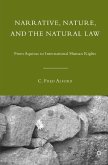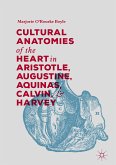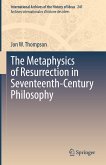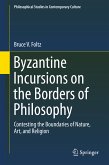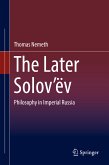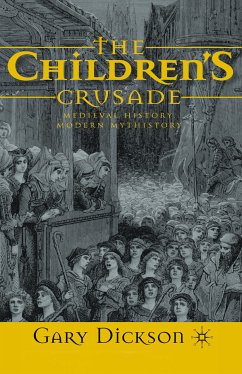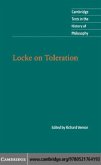This book offers a detailed analysis of John Locke's case for toleration and proposes an interpretation that shows the links between his political reasoning and his reflection on the ethics of belief. Locke is concerned with toleration not only when he discusses the ends of the Commonwealth, but also when he assesses the duties of private persons regarding the search for truth. The purpose of this book is to shed light on both of these branches, which have not been sufficiently explored in other studies on Locke.
With particular attention to the notions of charity, obstinacy, fallibility, reciprocity and distinction between belief and knowledge, the author proposes a reading of the Epistola de Tolerantia, an extensive discussion of the controversy between Locke and Jonas Proast, as well as an examination of An Essay Concerning Human Understanding, in order to establish the meaning and interconnection of Locke's arguments in favour of toleration.
Dieser Download kann aus rechtlichen Gründen nur mit Rechnungsadresse in A, B, BG, CY, CZ, D, DK, EW, E, FIN, F, GR, HR, H, IRL, I, LT, L, LR, M, NL, PL, P, R, S, SLO, SK ausgeliefert werden.



